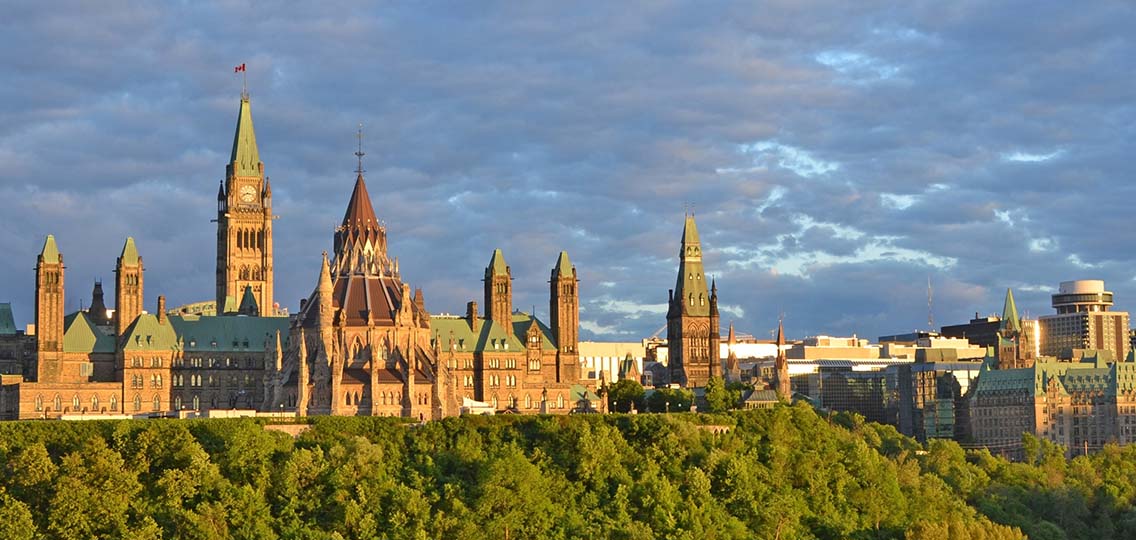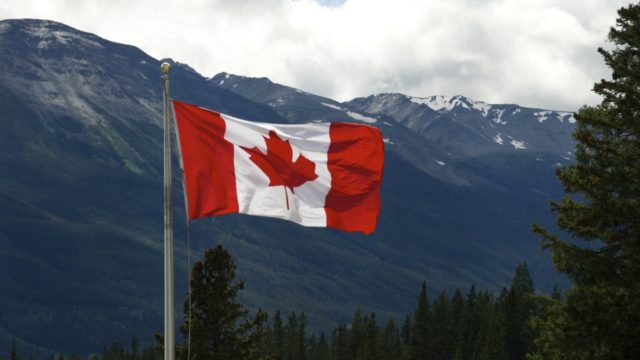There is some exciting news coming out of Ottawa this week. Yesterday, a Member of Parliament tabled a private members bill that could lead to Canada’s first federal Environmental Bill of Rights (EBR).
We will be watching Bill C-634, The Canadian Environmental Bill of Rights, carefully as it moves through the legislative process because we believe that a healthy environment is a fundamental right that should be recognized in Canadian law. Specifically, we believe Canada should join the over 110 countries around the world that have included environmental rights in their national constitution. This proposed federal EBR would immediately improve environmental protection across Canada and bring us one step closer to achieving the ultimate goal of enshrining the right to a healthy environment in our Charter of Rights and Freedoms.
What is an Environmental Bill of Rights?
Where national constitutions don’t explicitly recognize environment rights, federal, provincial or local governments can legislate environmental rights. This is typically done through an EBR statute. While the substance of constitutional and statutory environmental rights can be fairly similar, David Boyd, Canada’s preeminent expert on environmental rights, explains that they are “like lions and housecats—related, but with dramatically different degrees of strength.” That is because, any law that a court finds is in violation of Canada’s constitution, (the supreme law of the land which includes the Charter) can be struck down as invalid. Meanwhile statutory rights, such as those in an Environmental Bill of Rights, are always subject to interpretation if they come into conflict with other legislation and to weakening by opportunistic governments.
Still, while not as powerful as a Charter right, a federal EBR would go a long way toward strengthening Canada’s legal framework for protecting the environment. It would establish that the government recognizes that Canadians do have a right to a healthy environment. More concretely, the proposed EBR would do three important things fundamental to effective protection of the environment:
- it would ensure that Canadians have access to the information they need in order to be fully informed about environmental actions and decisions government makes.
- it would allow Canadians to participate in the process of developing, implementing and evaluating environmental law and policy, and
- it would provide Canadians with access to the courts, as a last resort, where there is an irreconcilable conflict over environmental decision making.
An EBR would also make it easier for Canadians to take an active role in enforcing environmental laws by guaranteeing each of us the ability to request a review of our environmental laws and polices when we genuinely believe that they are falling short.
Provincial Environmental Bills of Rights
Another major difference between a Charter right and a statutory right is that a Charter right is binding on all levels of government. Statutory rights, like those contained in an EBR, are only binding on the government that enacted the law. That means that a federal EBR would only cover environmental issues that fall under federal jurisdiction which includes fisheries and oceans and cross-border pipelines, as well as banking, airports, transportation and telecommunications.
Meanwhile, almost everything else falls under provincial jurisdiction, including building codes, electricity generation, mining and forestry – and each province makes its own environmental laws. The end result is that environmental standards for everything from water quality to forestry practices to mining vary widely from province to province.
The good news is that provincial and territorial governments can also enact EBRs. In Canada, Ontario, the Yukon, the Northwest Territories and Nunavut residents enjoy limited, statutory environmental rights. Quebec included these rights in its Environmental Quality Act in 1978, and more recently in its provincial Charter of Human Rights and Freedoms.
The Path to Achieving Universal Environmental Rights in Canada
Charter rights are both a statement of our values as a country and a test against which all other laws are judged, that’s why an explicit Charter right to live in a healthy environment remains Ecojustice’s goal. The Canadian Bar Association has recommended that the Canadian Government work toward entrenching the right to a healthy environment in the Constitution and has also proposed enacting an environmental rights statute as an interim step. This approach has a historical precedent — much of the language in our Charter was drawn from the earlier 1960 Canadian Bill of Rights.
Whether it becomes law or not, this proposed EBR is one more example of the growing movement in support of environmental rights. As Bill C-634 is before Parliament, the David Suzuki Foundation is wrapping up its cross Canada Blue Dot tour calling for the right to a healthy environment to be included in Canada’s. This fall, Rosemont- La Petite-Patrie, Richmond, The Pas and Vancouver have all introduced declarations in support of residents’ right to a healthy environment. From coast to coast to coast the call for environmental rights is getting louder. It’s a long road ahead, but we’re well on our way.
Check out our latest special report to find out more about environmental rights and environmental law in Canada: The Right to a Healthy Environment: Canada’s Time to Act.



